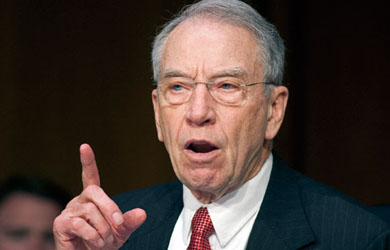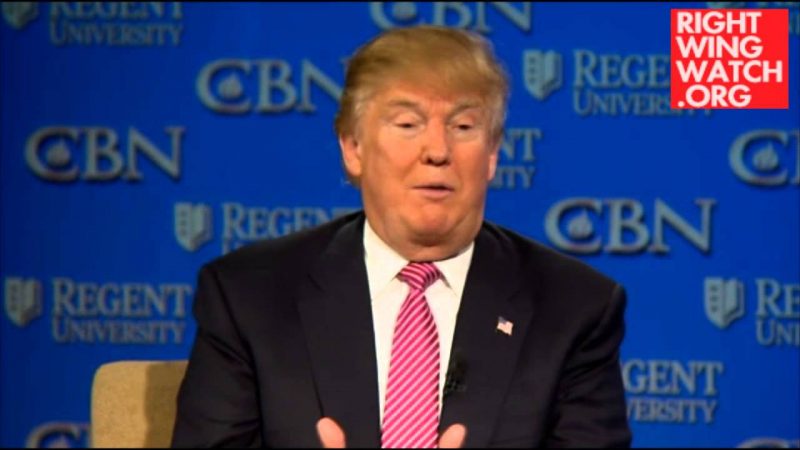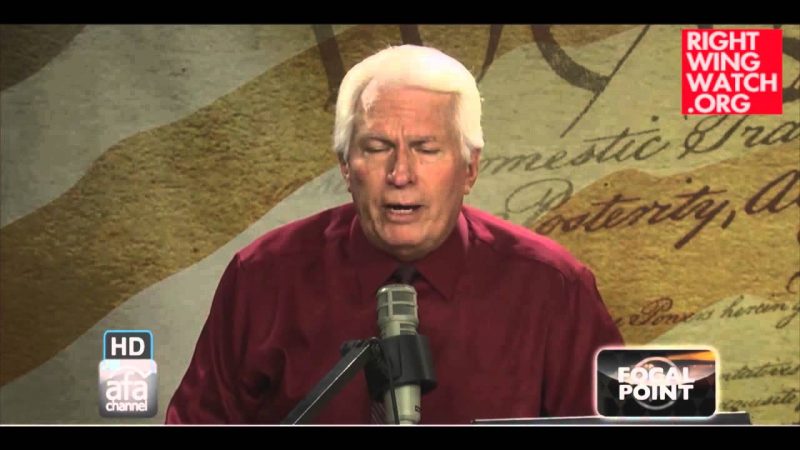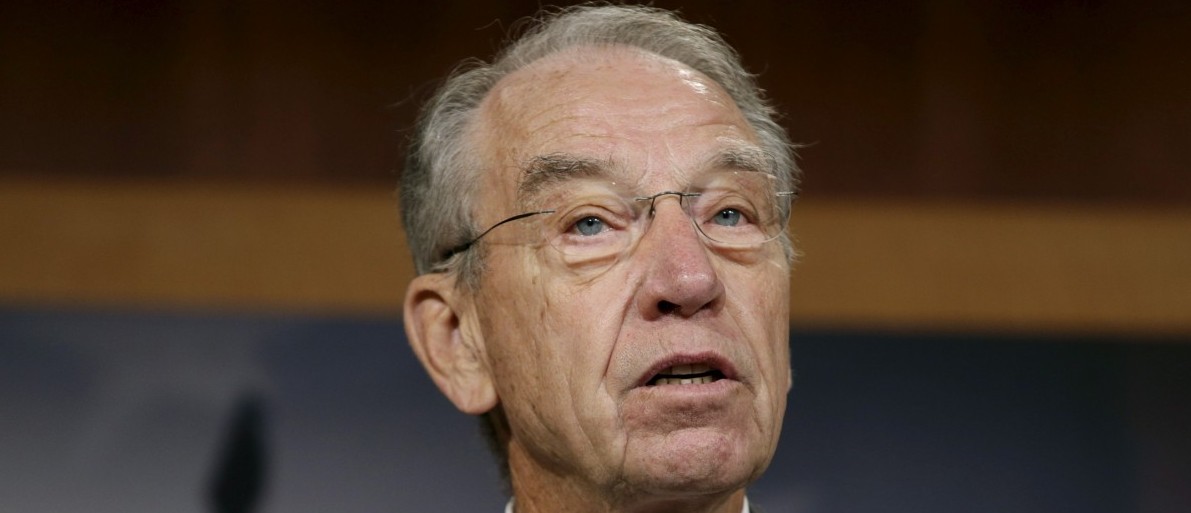Iowa Sen. Chuck Grassley, after flip-flopping on his long-held view that the Senate should do its job and confirm the president’s judicial nominees, went to the Senate floor Tuesday afternoon and delivered a rant on the state of the Supreme Court in which he staked out an even more extreme pro-obstruction position, declaring that he only wants to allow conservative policymakers on the court.
Grassley, who as the chairman of the Senate Judiciary Committee has refused to so much as hold a hearing on President Obama’s nomination of Merrick Garland to the Supreme Court, told his colleagues that of the justices currently on the court, only Samuel Alito and Clarence Thomas live up to his standards.
His chief complaint against the current court was that conservative justices sometimes side with their liberal colleagues. He announced on the Senate floor that “there are justices who frequently vote in a conservative way. But some of the justices appointed even by Republicans often don’t vote in a way that advances conservative policy.”
This was very different than the standard set by Grassley during George W. Bush’s presidency, when he told his colleagues:
… I probably had the same concerns about President Clinton and Justice Breyer and Justice Ginsburg when I voted for them. Regarding the political positions that Justice Ginsburg stood for in her life before coming to be a judge, I wouldn’t agree with many of them. But she was totally qualified to be on the Supreme Court, and I voted for her based upon the proposition that Alexander Hamilton said that the purpose of our activities here of confirming people for the courts is basically two. Maybe there is some historian around who will say Grassley has it all wrong, but I think it was, No. 1, to make sure that people who were not qualified did not get on the courts. In other words, only qualified people get appointed to the courts and that political hacks do not get appointed to the courts.
That is somebody who was around when the Constitution was written, and the Federalist Papers, stating those things about our role. So I have a fairly flexible point of view of how I ought to look at people, even those with whom I disagree.
Grassley’s pronouncement that it is the job of conservative justices to “vote in a way that advances conservative policy” contradicts the reasons he gave for voting against Justice Sonia Sotomayor’s confirmation. He said then:
Our American legal tradition demands that judges not take on the role of policy makers, but that they check their biases, personal preferences and politics at the door of the courthouse. The preservation of our individual freedoms depends on limiting policy-making to legislatures, rather than unelected judges who have life-time appointments.
We now have an addendum to the Grassley Rule: Democratic appointees must “check their biases,” while Republican ones must “vote in a way that advances conservative policy.”







